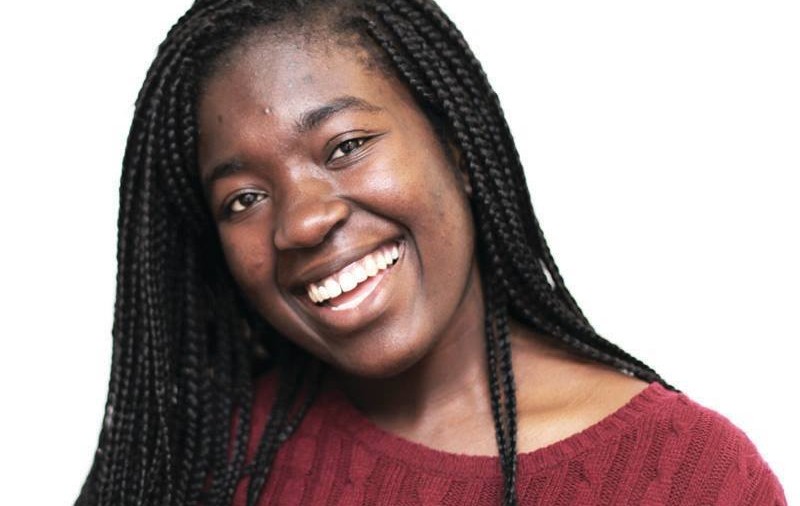I’ve always been a great believer in education. I genuinely think it is the most amazing thing life has to offer, mind the cheese, but I don’t know how else to describe just how incredible and valuable it is. In my view, nothing else in life has the same impact on the way a person thinks and lives out their life than the education they received in their former years – both academic and social.
I believe everyone deserves to receive an education that is free and open to all, something that our country does do quite well at. However, it is in this gratification of our country as far more progressive and equal than states in say Africa or the Middle East that demonstrates the narrow and shaded perspective that education is administered through our current curriculums.
It should be evident to all young people that Britain’s progression to the world leader it is today was built on the backs of people from those states we now deem backwards and look down upon in their ‘impoverished’ and ‘regressive’ countries.
We far too quickly resign the issues beyond the Great British Isles as simply not our problem, creating a false dichotomy of us and them, whilst living in almost complete ignorance of the way our histories interlink.
Just because people of the colonies were not always on British shores in the same way African American slaves were, as you probably learnt in your year 10 history class, doesn’t mean the British did not own their lands and to some large extent the people. We are taught our country just sprang into an Industrial Revolution without questioning what sources actually fuelled such a time of prosperity. With this element of unknowingness also comes ignorance and blindness about why the world’s inequalities are as prominent as they are today and why ‘progressive’ countries like ours owe so much to the rest of the world.
So statements like David Cameron’s two weeks ago suggesting that Jamaica should “move on” from “painful legacy” of slavery should not be taken so lightly. Today we all benefit from the brutal horrific actions Britain carried out. The legacy of these events live on today and are evident in the institutional racist nature of many institutions both domestic and global, akin the Nkrumah’s idea of neo-colonialism, which states Western imperialism and hegemony is simply the next phase of the colonial project, a position I do indeed agree with.
Educational value is not always awarded for pure academic worth, does a pure academic worth even exist? Frantz Fanon’s thesis, which shaped the basis for his seminal piece ‘Black Skins, White Masks’ work was initially rejected. However, it is now one of the most read texts in post-colonial studies. His work pertinently explores how colonialism didn’t just impact on the lands but on the minds of the colonised people, where it remains as a way of further oppressions. This is a clear example of the Eurocentric nature of the way we look at and value knowledge production and expect knowledge to perpetuate our current beliefs of the world as opposed to challenge them.
What is education? To me, education should push the boundaries of current thought, it should question the status quo but for too much of the time it simply reinforces it.
Personally, I came to University to study Politics and Philosophy, an area that I love. I almost romanticised the education I would receive at University, especially given the subject areas I chose, I came to discover knowledge, to question the world, and explore new ways of thinking.
Not to be faced with a curriculum that entirely erases people that look like me as if we didn’t have anything good to say about these things. In the philosophy side of my course, I never once read anything from an individual who was not white.
The question “Why is my curriculum white?” stretches far beyond the Eurocentric nature of the curriculum, I want it to facilitate a broader discussion around student co-construction of the curriculum and let students know they can influence and shape their own education too.
We will be holding an open discussion on Monday 26th October in Conference Auditorium 1 to hear from both students and academics about how to move forward with the curriculum and address the structural inequalities that exist here. So please come along and contribute to the discussion.
For more information head over to the Union website and check out our Black History Month campaign page.
Melissa Owusu

